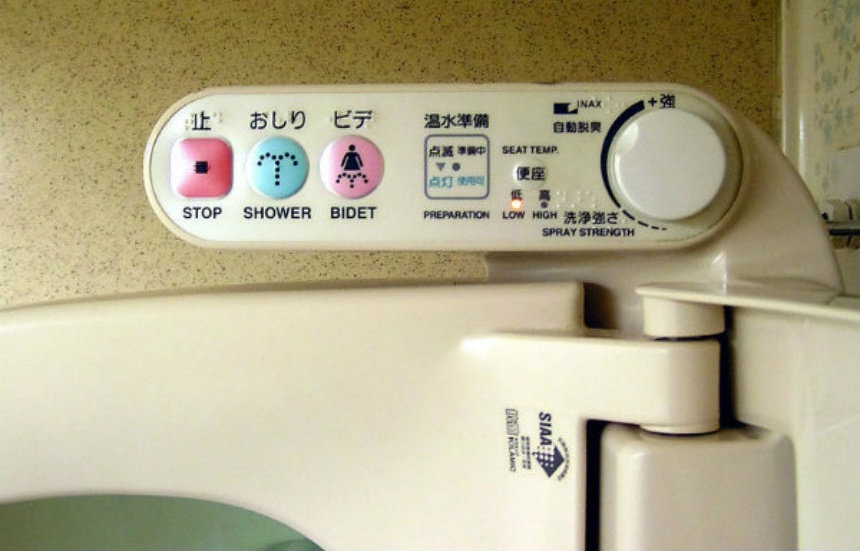10 Things That Might Surprise You in Japan
When traveling to a foreign country for the first time, no matter how well-prepared you are, there’s sure to be a lot you’ll be surprised by! Let’s take a look at 10 things in Japan that might surprise you when you first hop off the plane. With these in mind, you can enjoy your first trip to Japan even more!
By SoraNews241. Slurping Food
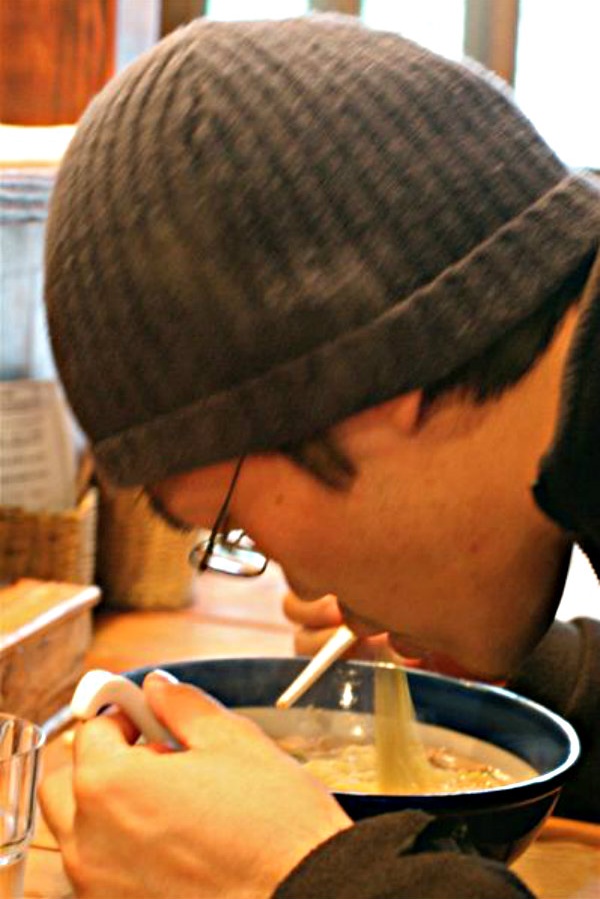
https://upload.wikimedia.org/wikipedia/commons/8/87/Omai%21_amai%21_%28148993974%29.jpg
You’ve just arrived in Japan for the first time, and you can’t wait to enjoy your first authentic bowl of Japanese ramen. The sarariiman (or businessman) at the counter next to you receives his order before you and goes to town—and he’s not quiet about it. Try not to lose your appetite—slurping noodles like ramen, soba and udon is totally okay in Japan! In fact, it shows you’re enjoying your meal and if you’re an expert noodle-slurper, it’s actually easier than trying to sip your soba delicately.
2. Toilets
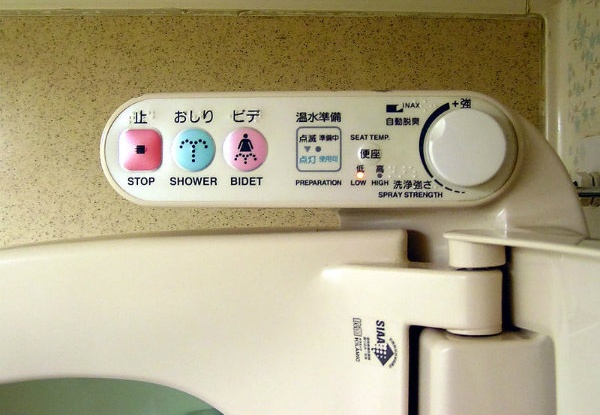
https://commons.wikimedia.org/wiki/File:Modern_japanese_toilet.jpg
While standard Western toilets are the most common in Japan, you occasionally play a risky roulette game when you open the bathroom door. Will you be treated to the luxurious-if-not-slightly-intimidating heated washlet toilet? Or will you have to suffer the trials of the traditional floor-level washiki (Japanese style) toilet? If you chose Door #1, you may get to enjoy a heated seat, simulated flushing sound for privacy, and of course, the bidet with various heat/water pressure/location options. If you chose Door #2, make sure your phone and valuables are out of your pockets, carefully gather up loose clothing, and try not to fall in. Some public bathrooms have both western and washiki options, so check the door for the in-ground toilet symbol! If people are waiting behind you, offer them a “dozo!” (go ahead) and a wave of your hand toward the toilet you’re hoping to avoid entering.
3. Sento & Onsen
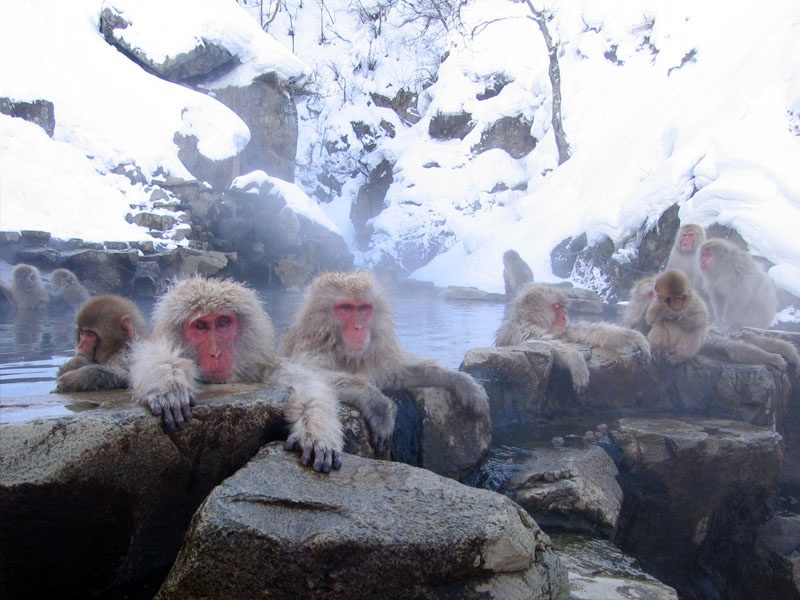
https://upload.wikimedia.org/wikipedia/commons/8/8c/Jigokudani_hotspring_in_Nagano_Japan_001.jpg
If you really want to immerse yourself in Japanese culture, you’ve got to be ready to immerse yourself in an onsen (hot springs). Or, for the more budget-conscious traveler, a sento (public bath house). The idea of stripping down and taking a bath with a bunch of strangers can be pretty intimidating, but the tradition has existed in Japan for hundreds of years, so try to remind yourself that everyone else is used to it! Read up a bit on bath house etiquette (wash first, take a dip, wash again!) and enjoy the relaxation! Tattoos are often frowned upon in Japan due to their association with the yakuza (the Japanese mafia), and many onsen and sentos actually prohibit entering if you have them (though if they’re small enough to be covered by a bandage, you should be alright). If you’re shy or tattooed but you still want to enjoy the hot springs experience, some onsen resorts offer kashikiri (private) baths for you and your travel partners!
4. Trash Cans & Sorting
https://upload.wikimedia.org/wikipedia/commons/9/9f/Trash_Box_at_Tennoji-Station.JPG
Japan is a country of convenience. Drinks machines on every corner, convenience stores every five minutes… but with all these grab-and-go drinks and snacks, what are you supposed to do with your trash?! Tokyo’s trash cans largely disappeared as a safety measure after a domestic terror attack in the ’90s but don’t show any signs of coming back soon, so you have to know where to look. Some convenience stores have trash cans outside, or tucked away inside if the store has a mini in-store cafe. JR stations sometimes have trash cans on the platforms, and you can sometimes find trash cans just inside or outside of subway station turnstiles. If you really can’t find anywhere to stash your trash, be prepared to carry it with you for a while! And remember, Japan is very careful about sorting its trash. Here are the most common categories:
Moeru Gomi: Burnable trash (paper, food waste, sometimes non-recyclable plastic)
Moenai Gomi: Non-burnable trash (light bulbs, batteries, broken glass)
Bin: Glass bottles
Kan: Aluminum cans (glass bottles and aluminum cans often are lumped together in one trash can)
Petto Botoru: Plastic (PET) bottles
5. Unattended Items
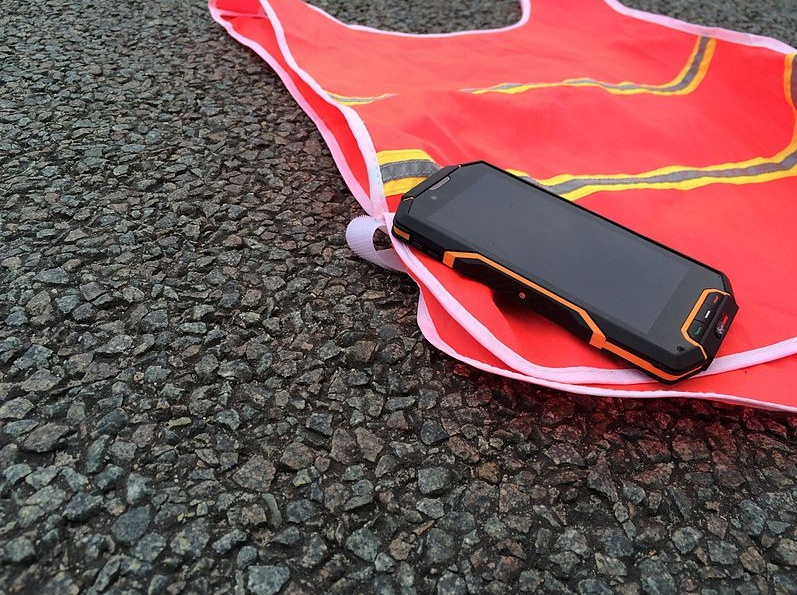
https://commons.wikimedia.org/wiki/File:Rugged_smart_phone.jpg
When you’re scoping out somewhere to sit at a café or restaurant, you might be shocked to see someone’s bag or iPhone left unattended at their table. Japan is an extremely safe country with one of the lowest crime rates in the world, and a system that rewards honesty and casts stigma on bad behavior is to thank. For the same reasons, you may see many young children riding trains to and from school safely by themselves, and some Japanese men with long-style wallets protruding from their back pockets. Would that fly in your country?


